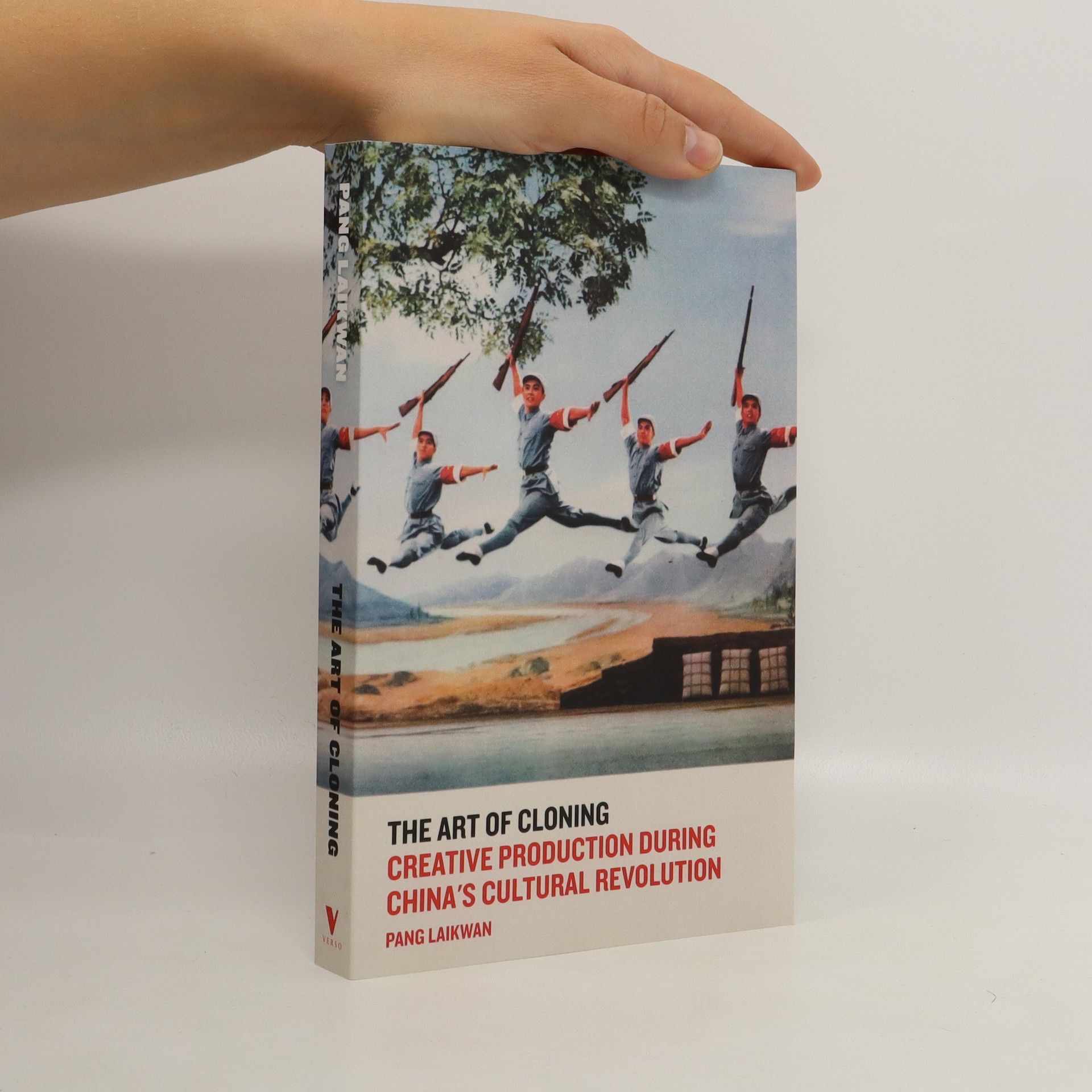One and All
- 276 stránek
- 10 hodin čtení
Laikwan Pang se zabývá zkoumáním kulturních studií. Její práce se soustředí na témata jako je čínská levicová kinematografie a kulturní kontrola v Asii. Zkoumá vztahy mezi autorskými právy, pirátstvím a filmovým průmyslem v globálním kontextu. Její analýzy nabízejí vhled do složitých dynamik formujících moderní asijskou kulturu.


Cultural production under Mao, and how artists and thinkers found autonomy in a culture of conformity In the 1950s, a French journalist joked that the Chinese were “blue ants under the red flag,” dressing identically and even moving in concert like robots. When the Cultural Revolution officially began, this uniformity seemed to extend to the mind. From the outside, China had become a monotonous world, a place of endless repetition and imitation, but a closer look reveals a range of cultural experiences, which also provided individuals with an obscure sense of freedom. In The Art of Cloning, Pang Laikwan examines this period in Chinese history when ordinary citizens read widely, traveled extensively through the country, and engaged in a range of cultural and artistic activities. The freedom they experienced, argues Pang, differs from the freedom, under Western capitalism, to express individuality through a range of consumer products. But it was far from boring and was possessed of its own kind of diversity.